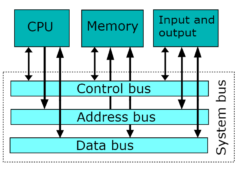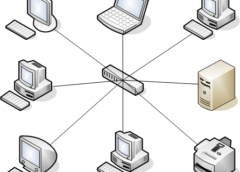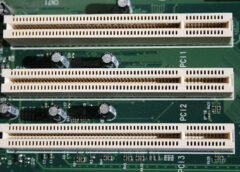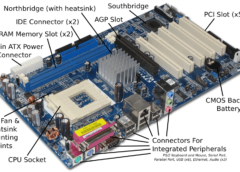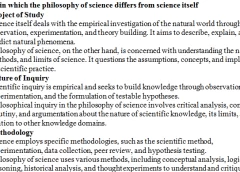
1. Explain what the philosophy of science is and how it differs from science itself. Explain why the philosophy of science is important for understanding scientific knowledge and its development.
(a) The philosophy of science is a branch of philosophy that examines the foundations, methods, assumptions, implications, and limitations of science. It involves critical reflection on the nature of scientific knowledge, how it is acquired, and what it signifies. This field doesn’t directly conduct scientific experiments or formulate scientific theories but instead examines the underlying principles, concepts, and implications of scientific practices.
Key ways in which the philosophy of science differs from science itself
· Subject of Study
ü Science itself deals with the empirical investigation of the natural world through observation, experimentation, and theory building. It aims to describe, explain, and predict natural phenomena.
ü Philosophy of science, on the other hand, is concerned with understanding the nature, methods, and limits of science. It questions the assumptions, concepts, and implications of scientific practice.
· Nature of Inquiry
ü Scientific inquiry is empirical and seeks to build knowledge through observation, experimentation, and the formulation of testable hypotheses.
ü Philosophical inquiry in the philosophy of science involves critical analysis, conceptual scrutiny, and argumentation about the nature of scientific knowledge, its limits, and its relation to other knowledge domains.
· Methodology
ü Science employs specific methodologies, such as the scientific method, experimentation, data collection, peer review, and hypothesis testing.
ü Philosophy of science uses various methods, including conceptual analysis, logical reasoning, historical analysis, and thought experiments to understand and critique the foundations and assumptions of scientific knowledge.
· Scope
ü Science is focused on advancing knowledge within specific domains or disciplines, such as physics, biology, chemistry, etc., with specific aims of understanding the natural world.
ü The philosophy of science has a broader scope, looking across various scientific disciplines and delving into questions about the nature of scientific theories, the scientific method, the demarcation between science and pseudoscience, the nature of scientific explanation, and the nature of scientific progress.
· Goals
ü Science aims to produce empirical knowledge about the natural world that can be tested, confirmed, or refuted through observation and experiment.
ü The philosophy of science aims to critically analyze, clarify, and understand the nature and limits of scientific knowledge, the principles underlying scientific theories, and the implications of scientific practice.
(b) Below is a sampled importance to why the philosophy of science is important for understanding scientific knowledge and its development
( 1). Epistemological Understanding: Philosophy of science delves into the nature of knowledge, how it’s acquired, and what justifies it. It helps in understanding the different types of knowledge within science, whether empirical, theoretical, or experimental, and how these forms of knowledge are interconnected. This exploration offers insights into what counts as evidence, how theories are justified, and the nature of scientific reasoning.
( 2). Methodological Analysis: By examining the methods and practices of science, the philosophy of science sheds light on the scientific method, experimentation, hypothesis formation, and the testing and validation of theories. Understanding the methodologies employed helps to assess the strengths and limitations of scientific approaches.
( 3). Conceptual Clarity: It provides conceptual clarity by analyzing and defining key scientific concepts. For instance, the philosophy of science examines what constitutes a scientific theory, what distinguishes science from pseudoscience, and the nature of scientific explanation. This helps to avoid confusion and misinterpretation of scientific concepts.
( 4). Scientific Progress: Philosophical analysis contributes to understanding the nature of scientific progress. It examines how theories evolve, how paradigms shift, and how scientific revolutions occur. By understanding these aspects, one gains insights into how science advances and develops over time.
( 5). Interdisciplinary Connections: The philosophy of science often bridges the gap between science and other disciplines. It explores the connections between science and philosophy, ethics, sociology, and history. Understanding these intersections is critical for appreciating the broader context in which science operates.
( 6). Critical Examination and Falsification: Philosophical scrutiny encourages critical examination of scientific theories, enabling scientists to test hypotheses rigorously. This process aids in the refinement and advancement of scientific knowledge by allowing for the falsification or improvement of existing theories.
( 7). Ethical and Social Implications: It raises awareness about the ethical and social implications of scientific advancements. Understanding these implications helps in making informed decisions regarding the use and application of scientific knowledge.
1 Discuss the scientific skills to be developed by science teachers.
Science teachers play a crucial role in developing students’ scientific skills, nurturing their curiosity, and fostering an understanding of the scientific method.
These essential scientific skills that science teachers should focus on include as discussed below
· Information Literacy: Developing skills in finding and evaluating scientific information from various sources. This includes understanding how to critically assess the reliability and credibility of sources.
· Collaboration and Teamwork: Fostering an environment where students work together in groups to conduct experiments or solve scientific problems. This includes developing skills in collaboration, cooperation, and sharing responsibilities.
· Ethical Understanding: Teaching students about the ethical considerations in science, including responsible conduct in research, the impact of scientific discoveries on society, and ethical dilemmas in science.
· Adaptability and Curiosity: Encouraging a sense of curiosity and a willingness to explore and discover. This involves promoting an open-minded approach to learning and being adaptable to new information and ideas.
· Critical Thinking: Encouraging students to analyze, evaluate, and interpret scientific information and data critically. This involves questioning, reasoning, and forming logical arguments based on evidence.
· Experimental Design: Teaching students how to design experiments, form hypotheses, identify variables, and conduct controlled experiments. This involves understanding the scientific method and designing experiments to test hypotheses.
· Observation and Inference: Helping students to keenly observe phenomena and make inferences based on these observations. This involves developing the ability to notice details and draw conclusions based on evidence.
· Data Analysis: Teaching students how to collect, organize, and interpret data. This includes using graphs, charts, and statistical analysis to draw conclusions from the data collected during experiments.
2 Discuss four problems related to teeth.
1. Tooth Decay (Cavities): Tooth decay is one of the most prevalent dental problems. It occurs when bacteria in the mouth produce acids that damage the tooth enamel, leading to cavities or holes in the teeth. Poor oral hygiene, excessive sugar intake, and lack of regular dental check-ups can contribute to tooth decay. If left untreated, it can lead to pain, infection, and tooth loss.
2. Gum Disease (Periodontal Disease): Gum disease is an infection of the tissues surrounding and supporting the teeth. It’s usually caused by poor oral hygiene, leading to the accumulation of plaque, which hardens into tartar. Gingivitis is the early stage of gum disease, characterized by swollen, bleeding gums. If untreated, it can progress to periodontitis, which can damage the gums, bone, and ligaments holding the teeth, potentially resulting in tooth loss.
3. Tooth Sensitivity: Tooth sensitivity occurs when the protective enamel on the teeth wears down, exposing the underlying dentin or nerve endings. This can lead to discomfort or pain when consuming hot, cold, sweet, or acidic foods or drinks. Sensitivity can be caused by various factors, including aggressive brushing, tooth decay, receding gums, or enamel erosion from acidic foods or beverages.
4. Malocclusion and Misaligned Teeth: Malocclusion refers to misaligned teeth or a poor bite. It can manifest in different forms, such as overcrowding, overbite, under bite, or cross bite. Malocclusion can result from genetic factors, early loss of primary teeth, thumb-sucking, or poor dental habits. Misaligned teeth not only impact appearance but can also lead to difficulties in chewing, speech issues, and an increased risk of tooth decay and gum disease due to harder-to-clean areas.
40 total views , 1 views today



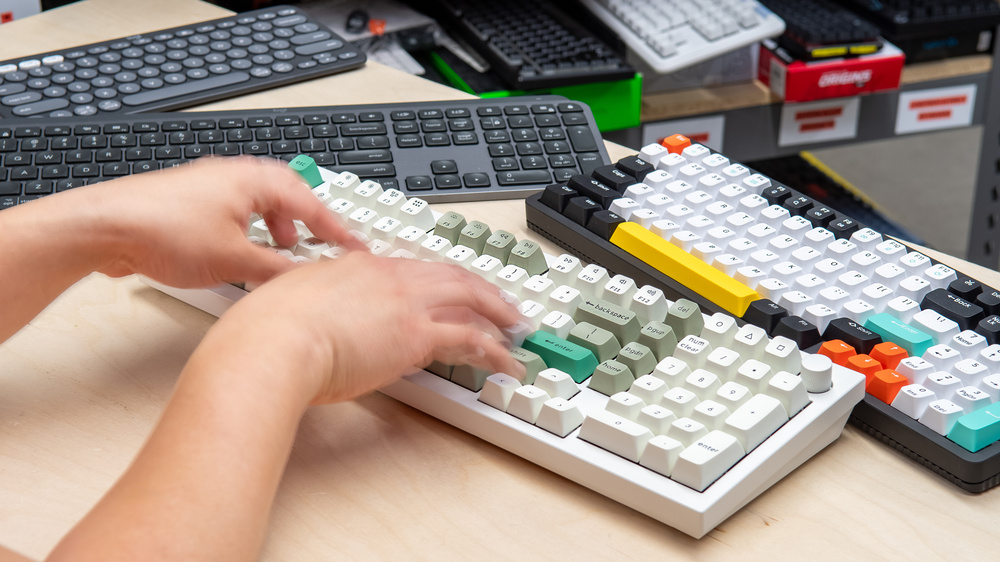






![[Resource]: Installing Webuzo on Your Nestict Cloud VPS: A Detailed Guide](https://www.blog.nestict.com/wp-content/uploads/2024/12/image.webp)
![[Resource] : Comprehensive List of Equity Bank Codes Across Kenya by Region](https://www.blog.nestict.com/wp-content/uploads/2024/12/image-5.png)



![[Continuation]: Current Challenges in Making Physics and Geography Compulsory](https://www.blog.nestict.com/wp-content/uploads/2024/12/The-universe-of-mathematics-physic-and-astronomy-its-ama…-Flickr.jpg)
![[Resource] : Why Physics and Geography Should Be Compulsory Like Mathematics in Education](https://www.blog.nestict.com/wp-content/uploads/2024/12/image.png)


![[LINKTREE] 2024 PAST PAPERS , NOTES ,RESOURCE,REVISION,EXAMINATIONS](https://www.blog.nestict.com/wp-content/uploads/2024/10/SCHM.jpeg)


![Maritime Terms, Abbreviations and Acronyms [Shipping Terms – Searchable]](https://www.blog.nestict.com/wp-content/uploads/2024/09/Container-Stowage-Stock-Illustrations-–-71-Container-Stowage-Stock-Illustrations-Vectors-Clipart-Dreamstime.jpg)
![Maritime Terms, Abbreviations and Acronyms [ Shipping Terms]](https://www.blog.nestict.com/wp-content/uploads/2024/09/image.png)

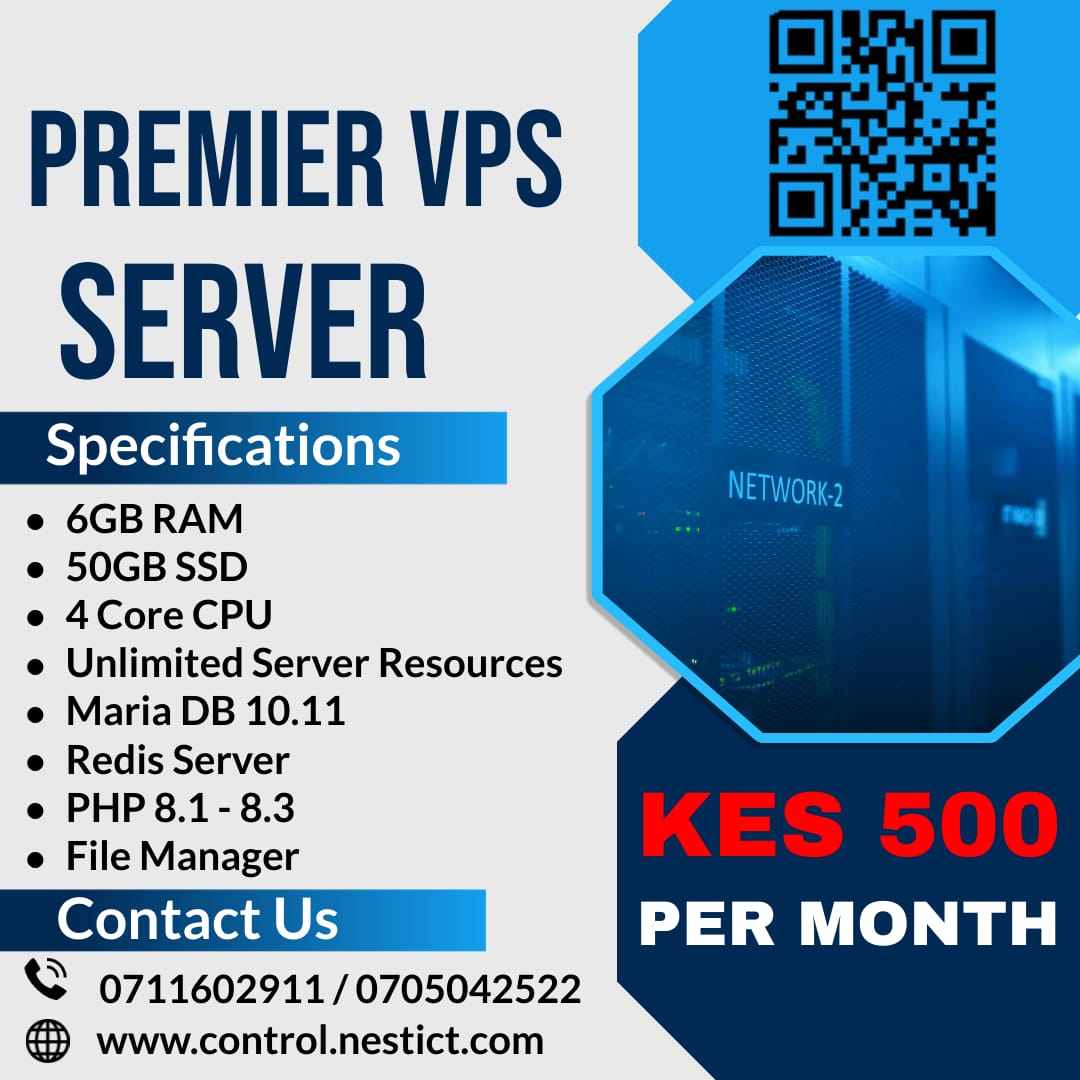



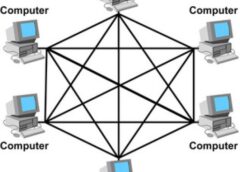


![[Explainer]: NVMe storage, SSD (SATA SSD), and HDD](https://www.blog.nestict.com/wp-content/uploads/2024/08/Laptops-are-available-with-SSDs-and-HDDs.png)
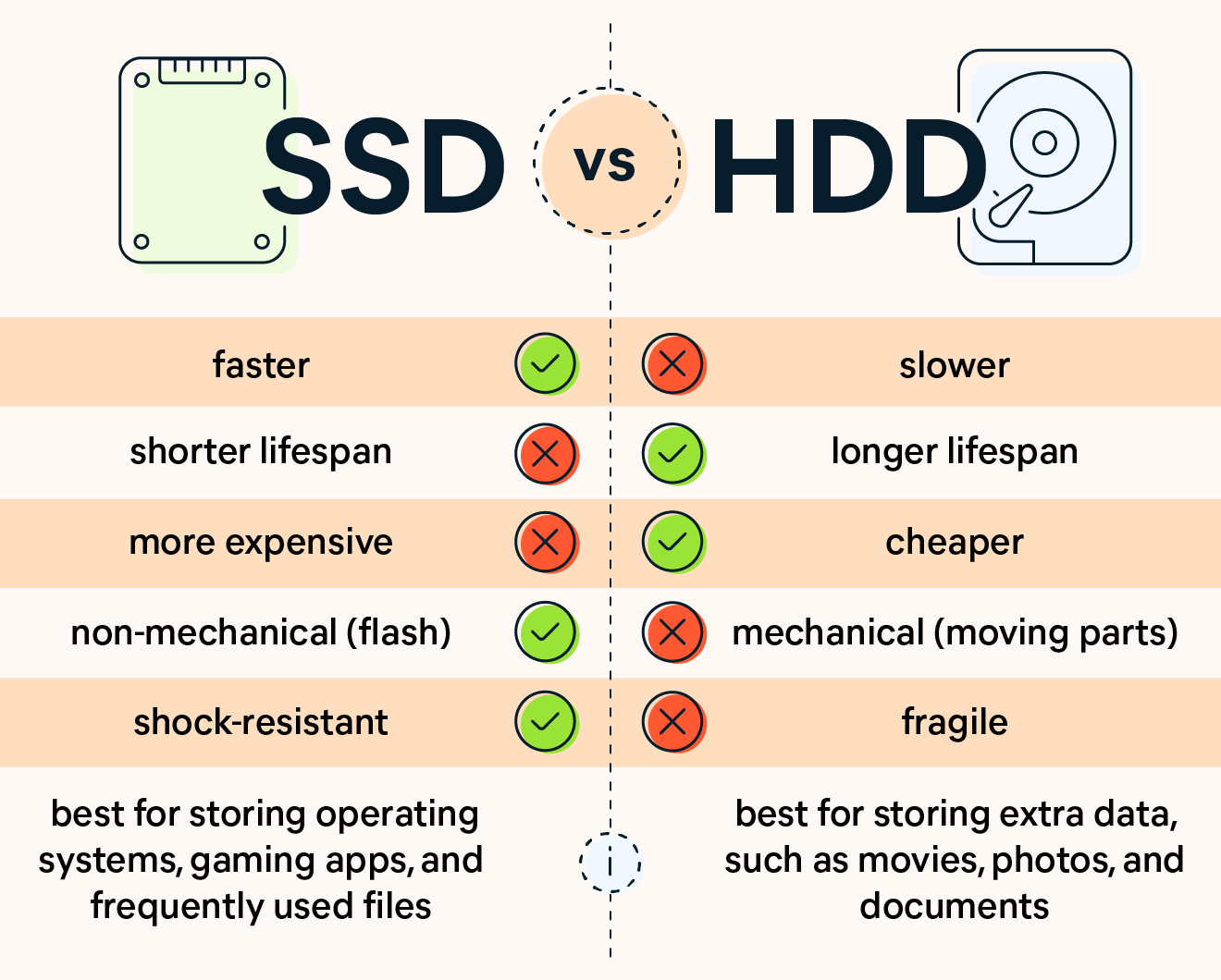
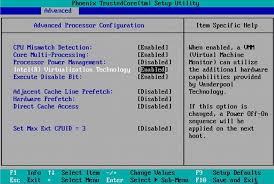
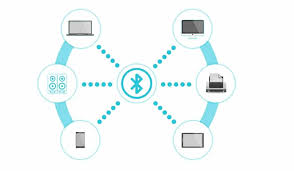
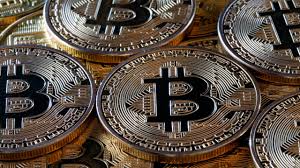
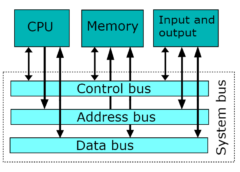

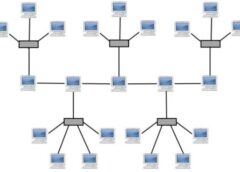
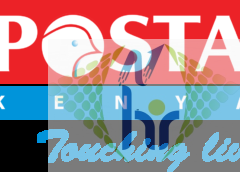

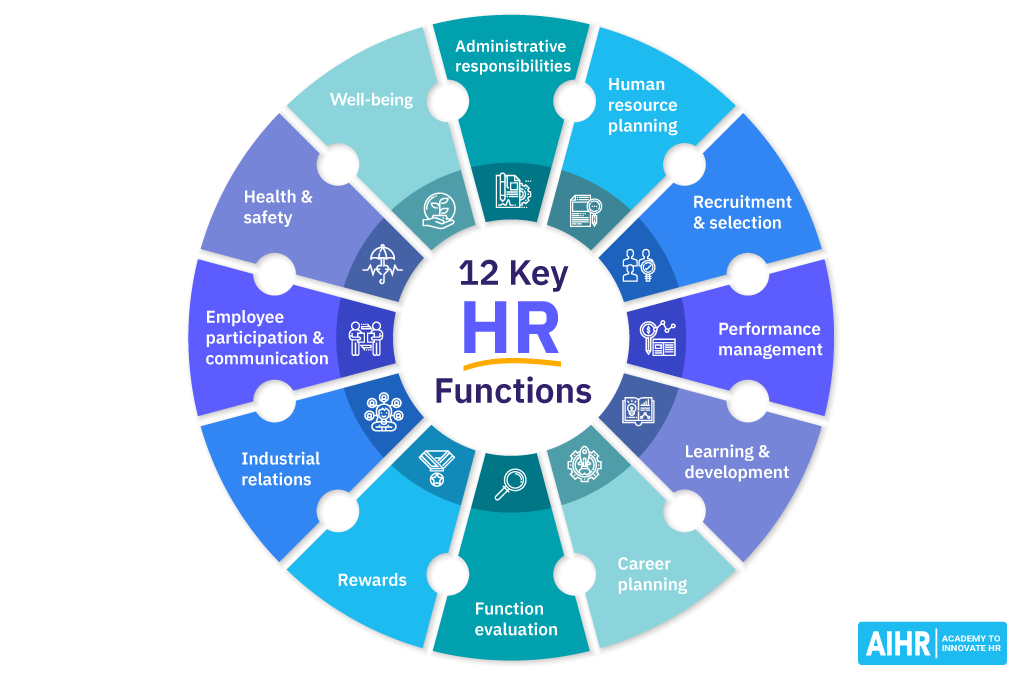




![[Updated 2024] – Passport Application FOR CHILDREN ONLY(PERSONS UNDER 18 YEARS)](https://www.blog.nestict.com/wp-content/uploads/2023/09/keppp-240x172.png)
![[Updated 2024] -Passport Application FOR ADULTS ONLY-PERSONS OVER 18 YEARS](https://www.blog.nestict.com/wp-content/uploads/2023/09/EAF-Passport-e1631045054464-400x800-1-240x172.jpg)


